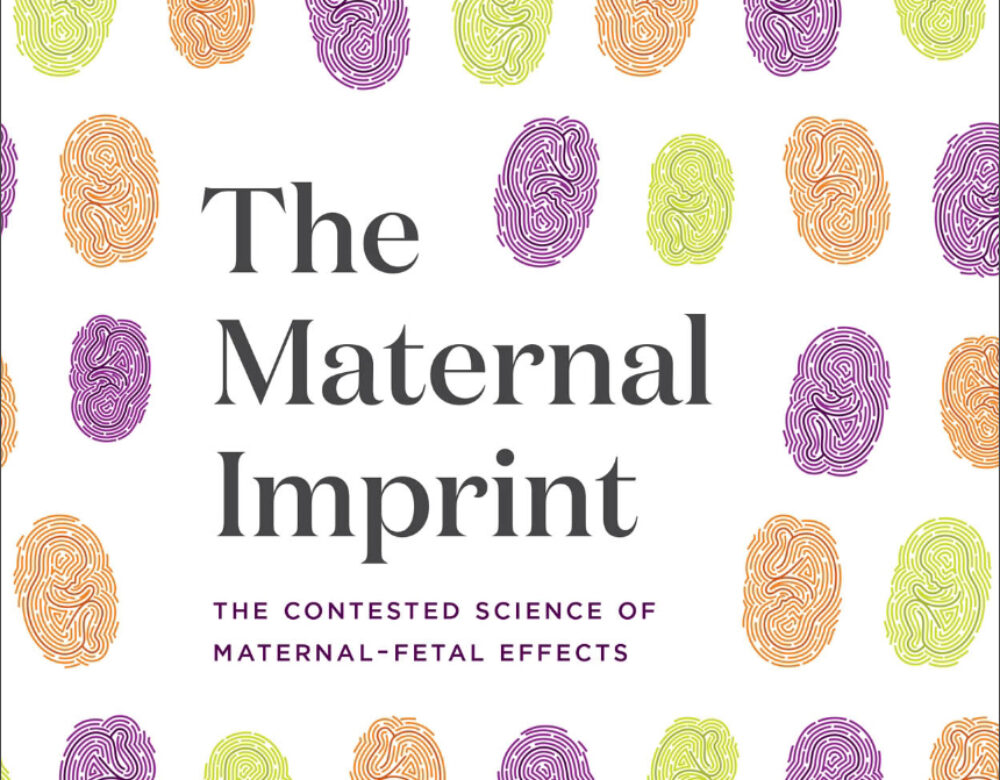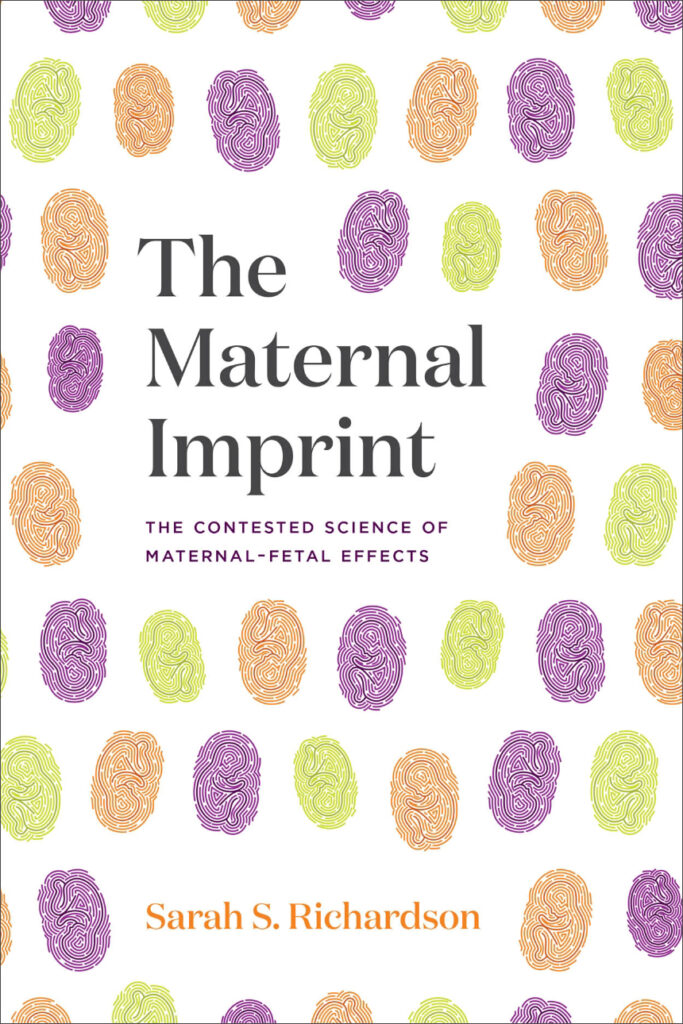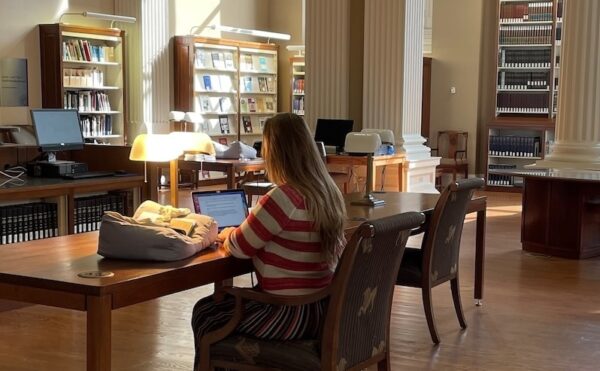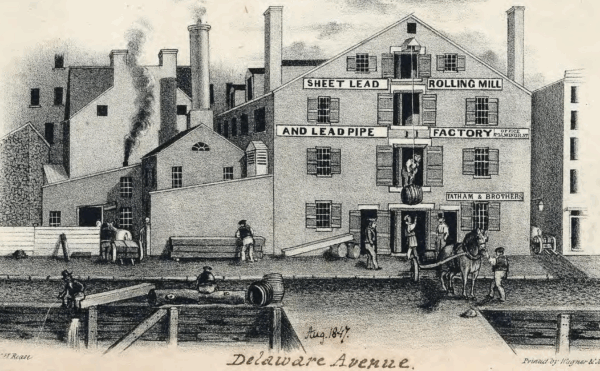The Maternal Imprint

This Women’s History Month, join us for a thought-provoking presentation where leading gender and science scholar Sarah S. Richardson charts the untold history of the idea that women’s health and behavior during pregnancy can have long-term effects on their children’s health and welfare.

The Maternal Imprint, Richardson’s groundbreaking book, offers a critical analysis of conceptual and ethical issues—in particular, the staggering implications for maternal well-being and reproductive autonomy—provoked by the striking rise of epigenetics and fetal origins science in postgenomic biology today.
Richardson examines what we might take for granted about human pregnancy, and invites us to challenge our values and assumptions that have guided science’s perspectives on the maternal body and infant health. Shifting scientific views throughout history have influenced medicine, ethics, and public perceptions of motherhood highlighting the complex interface of science and society.
We will have copies of Richardson’s book for sale in our gift shop prior to the event and signed copies available the night of.
Agenda
5pm–6pm | Museum open
6pm–7pm | Lecture
7pm-8pm | Reception
As a courtesy to our speaker, our door policy stipulates that all guests must arrive before 7pm.
About the Speaker

Sarah Richardson is the Aramont Professor of the History of Science and Professor of Studies of Women, Gender, and Sexuality at Harvard University, where she has taught since 2010. An expert in the history and philosophy of the sciences of sex, gender, sexuality, and reproduction, she also writes and teaches about race and science, history and philosophy of biology (in particular, genomics and evolutionary biology), feminist epistemology and philosophy of science, and the social dimensions of scientific knowledge. She currently serves on the Harvard Standing Committees for Degrees in Social Studies and for the Mind, Brain, and Behavior Interfaculty Initiative.
In 2018, Richardson founded the Harvard GenderSci Lab, a collaborative, interdisciplinary research lab that generates concepts and methods for scientific research on sex and gender. Through research, teaching, and outreach, the Lab works to advance the intersectional study of gender in the biomedical and allied sciences, counter bias and hype in sex difference research, and enhance public discourse surrounding the sciences of sex and gender. The Lab unites expertise in the social sciences and biomedical research fields, producing transdisciplinary scholarship widely recognized for its empirical rigor and theoretical sophistication. The GenderSci Lab has produced high-impact research on gender/sex disparities in COVID-19, global trends in human sperm count, and gender inequality in STEM fields, among many contributions, and is an international center for graduate and postdoctoral training in interdisciplinary feminist science studies.
About This Event
This lecture is part of our Science and Society speaker series, which explores the history of science embedded in our everyday lives. We invite scientists, historians, policymakers, and educators for engaging, in-depth conversations that expand our perspectives. Program formats include lectures, interviews, roundtables, and book launches. Science and Society events are curated for an adult audience, fostering curiosity, conversation, and interactivity. Each evening concludes with a free reception with the speakers.
Featured image: Detail of the cover of Sarah Richardson’s book, The Maternal Imprint: The Contested Science of Maternal–Fetal Effects.
More events
Stories of Science: We ❤︎ Chemistry!
Join us in our museum EVERY SATURDAY for a family-friendly program that highlights strange and surprising stories from the history of science!
Othmer Library Tour
Curious about the other half of the Science History Institute? Step into the Othmer Library of Chemical History!
Philadelphia: Workshop of the World
Join us for March First Friday as we unveil Philadelphia: Workshop of the World, the latest exhibition from our A Closer Read series.



